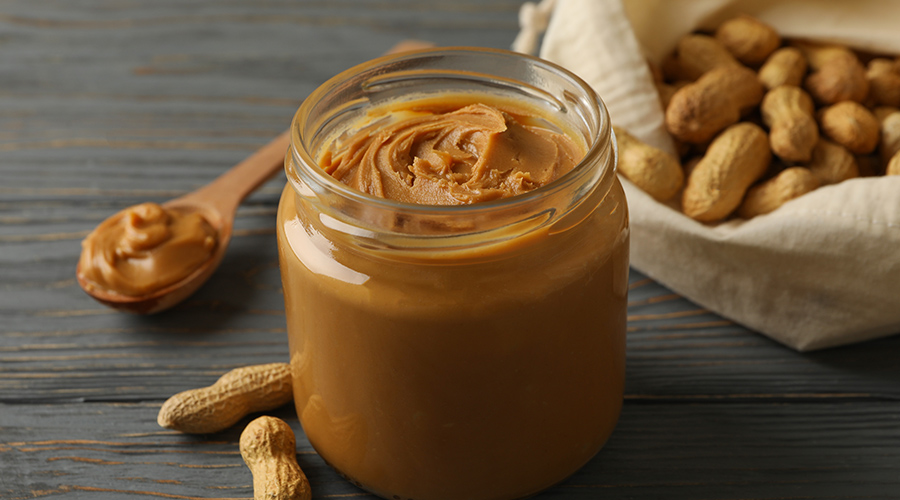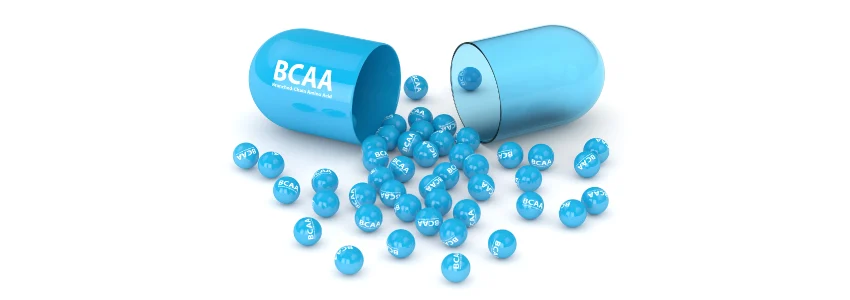Workout Recovery Tips: Foam Rolling, Sleep, and Nutrition
14 July 2025
Hello Ziddis! Do you think fitness is only about what you do in the gym? It shouldn’t come as a surprise to know that there are many things that lead to your performance in the gym, making them more important than going to the gym. Recovery, for example, is extremely essential. You might crush your sets and reps, but unless your body is well-rested and fueled up, your progress will stall or, worse, degrade because of injuries. From downtime to food habits, from sleep cycle to rest days, let us understand the foam rolling benefits and how we can recover for better performance, reduced soreness and long-term result.
Foam Rolling Benefits
Have you heard of foam rolling? For those who haven’t, foam rolling is known for self-myofascial release and has gained popularity as a go-to recovery technique. The appreciation it gets is well deserved because it does the work well. By applying pressure to specific muscle groups using the foam roller, you can break up the knots in your muscles and fascia, which is the connective tissue that surrounds them. Here is how foam rolling benefits you in your recovery process:
- Reduced muscle soreness: It eases delayed onset muscle soreness, aka DOMS and makes it easier to move around the next day.
- Improves flexibility: Foam rolling after workouts improves the joints’ range of motion and reduces the risk of getting injured.
- Boosts circulation: Foam rolling helps better blood flow, which means nutrients reach your muscles faster.
- Speeds up recovery time: Regularly using a foam roller can help muscles repair themselves more efficiently after an intense workout session.
- Spending 1 to 2 minutes per muscle group post your workout, especially focusing on tight or sore areas, can help you feel so much more relieved.
- It serves as a great cool down to calm your body, put it in a slower state and relax after an intense training session.
Sleep and Muscle Recovery
You have probably heard this before: “muscles are torn in the gym, fed in the kitchen and built in bed.” Well, if you live by this, you are going to ace your fitness game. Sleep is when your body repairs the micro tears caused in the muscle during exercise. Sleep is also the best time for the body to replenish vital hormones like growth hormones and testosterone to help recovery and muscle growth.
Here is why sleep matters for recovery:
- Muscles are repaired during the deep sleep stage by the process of tissue regeneration.
- Adequate sleep leads to more balanced hormone production. Quality sleep helps in growth hormone secretion and control of cortisol, aka the stress hormone.
- Better sleep improves focus and reaction time, which is important for not just athletes but everyone to have a great day in and out of the gym.
You can improve your sleep quality by:
- Sticking to a consistent sleep schedule
- Reducing screen exposure and caffeine at least an hour before your downtime
- Create a night routine to calm yourself down before sleep.
- Aim for 7 to 9 hours of “quality” sleep every night
- A dark, cool and quiet environment can help you sleep better.

Workout Recovery Nutrition Connection
Your post-workout meal is not just for filling your tummy or killing your hunger. It plays an important role in how your body heals and grows stronger. After a productive workout, your glycogen stores are depleted, and your muscles require energy and nutrients. This is what your body needs after a workout session:
- 20 to 30 grams of high-quality protein like tofu, paneer, Greek yoghurt, eggs or lean meat for muscle building and repairing wear and tear.
- Complex carbs like oats, sweet potato or brown rice to replenish glycogen stores.
- Healthy fats from nuts, seeds, fatty fish and avocados to support hormone production and reduce inflammation.
- Electrolyte-rich hydration to replenish the minerals lost in sweating it out at the gym.
- Various gym supplements like protein powders, creatine supplements, and fit foods for healthy muscle building
So, your performance at the gym is directly impacted by your recovery, which is fueled by your nutrition.
Quick Muscle Recovery Steps
Even if you are short on time, never skip recovery. Here is a straightforward routine to help you with effective ways of muscle recovery:
- Foam roll + stretching for 10 minutes post-workout
- Hydration with electrolyte-infused water
- Mix of carbs, proteins, healthy fats and fibre in your post-workout meal
- Quality sleep
- Alternating hot and cold showers to reduce soreness
- Light walks or yoga on rest days
Read Also: Post-Workout Recovery with Vegan Protein Done Right
Takeaway
Workout is not enough to stay fit. When you choose a path to be active in order to be fit, you must also take care of your body and prepare it for an active lifestyle. The stronger your recovery game, the better results you will get. Do not skip the cooldown, prioritise your sleep, make nutritious food for better recovery and do not take rest days for granted. Your future self is already thanking you for taking care of your body!









 100% Safe & Secure payments:
100% Safe & Secure payments:




